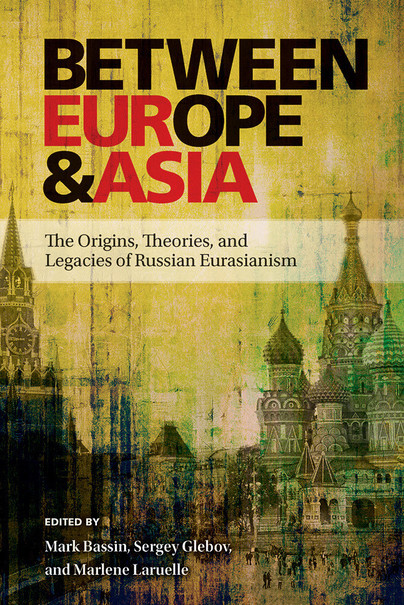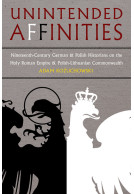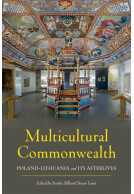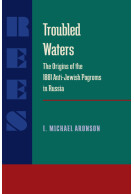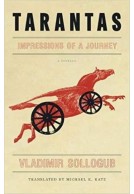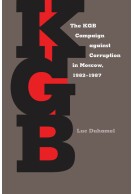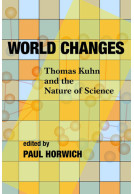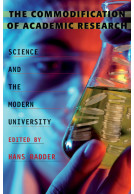Between Europe and Asia (Paperback)
The Origins, Theories, and Legacies of Russian Eurasianism
Imprint: University of Pittsburgh Press
Series: Russian and East European Studies
Pages: 280
ISBN: 9780822963660
Published: 4th June 2015
Script Academic & Professional
Series: Russian and East European Studies
Pages: 280
ISBN: 9780822963660
Published: 4th June 2015
Script Academic & Professional
This book will be reprinted and your order will be released in due course.
You'll be £41.00 closer to your next £10.00 credit when you purchase Between Europe and Asia. What's this?
+£4.99 UK Delivery or free UK delivery if order is over £40
(click here for international delivery rates)
Need a currency converter? Check XE.com for live rates
(click here for international delivery rates)
Need a currency converter? Check XE.com for live rates
Between Europe and Asia analyzes the origins and development of Eurasianism, an intellectual movement that proclaimed the existence of Eurasia, a separate civilization coinciding with the former Russian Empire. The essays in the volume explore the historical roots, the heyday of the movement in the 1920s, and the afterlife of the movement in the Soviet and post-Soviet periods. The first study to offer a multifaceted account of Eurasianism in the twentieth century and to touch on the movement's intellectual entanglements with history, politics, literature, or geography, this book also explores Eurasianism's influences beyond Russia. The Eurasianists blended their search for a primordial essence of Russian culture with radicalism of Europe's interwar period. In reaction to the devastation and dislocation of the wars and revolutions, they celebrated the Orthodox Church and the Asian connections of Russian culture, while rejecting Western individualism and democracy. The movement sought to articulate a non-European, non-Western modernity, and to underscore Russia's role in the colonial world. As the authors demonstrate, Eurasianism was akin to many fascist movements in interwar Europe, and became one of the sources of the rhetoric of nationalist mobilization in Vladimir Putin's Russia. This book presents the rich history of the concept of Eurasianism, and how it developed over time to achieve its present form.
Other titles in the series...
Other titles in University of Pittsburgh Press...







